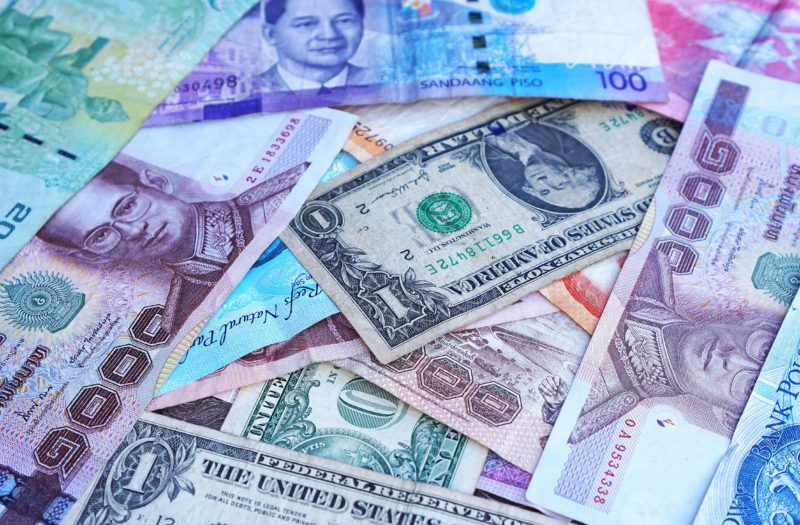Spending Addiction
Governments across the globe have grown far too comfortable with expansionary policy. Increased military spending, entitlement programs, tax cuts, and bank bailouts simply add to the amount of debt governments owe to their lenders. As one would expect, government spending is politically popular. Tax cuts put more money in consumers’ pockets, which drives short term economic growth. Government welfare creates confidence among citizens that when times are tough, they’ll have a lifeline to grab on to. Politics aside, one reality awaits any debt addicted government: interest payments.
Paying the Piper
There is no need to engage in a complicated explanation of financial matters to highlight the problem the global economy is encountering. When the sum of debt (principal) increases, the amount owed in interest payments increases as well. Conceptually, interest is predicated on future growth. Debt investments, one hopes, generate future positive returns, which enable the payment of principal and interest overtime. However, when interest rates begin to rise at the same time the economy contracts, governments will be unable to pay their debt service. This leads to increased pressure applied by lenders. Foreign assets can be seized, domestic bondholders can turn against their government, and war can be waged. It’s worth noting that China owns over a trillion dollars of U.S debt. With a debt crisis looming over China itself, this dynamic between the U.S. and China will prove problematic in the future.
When Does the Music Stop?
If I could predict exactly when the crisis will take effect, I’d be a very rich man. Having said that, the first signs of a problem are beginning to show. The luxury real estate market has reached the point of oversupply. The risk of continued interest rate rises coupled with astronomic home prices has caused luxury home sales to decline. Similar trends are affecting the lower end of the market, as the appreciation of home values is slowing if not halting entirely.
While these developments aren’t necessarily a reason for concern, the outstanding mortgage loans have reached their former 2008 peak at nearly $15 trillion. We recently bore witness to the aftermath of a real estate bubble, so I won’t enumerate the details. However, governments have a lot more debt now than they did during the recession. Government stimulus is no longer a viable solution to financial woes. Debt must be paid, not built upon. Without a government savior, citizens will be hit incredibly hard. The suffering may not end for over a decade.
What Will Happen?
A collapse in the real estate market is just one component of the impending disaster. Corporate debt levels are at all time highs, due in large part to direct lending practices. Simultaneous defaults throughout the real estate, corporate debt, and government debt markets will leave all consumers exposed to a financial collapse. Citizens will lose their homes, companies will go bankrupt causing jobs to disappear, and government tensions will escalate further. I believe gold may offer me protection from collapsing markets (I cannot know for certain whether this will or will not be the case). Unsustainable debt levels spread across asset classes will lead to unprecedented chaos. I can only hope that you do what you can to prepare for it.
Have an opinion or question about the impending government debt crisis? Leave a comment or contact me directly.


